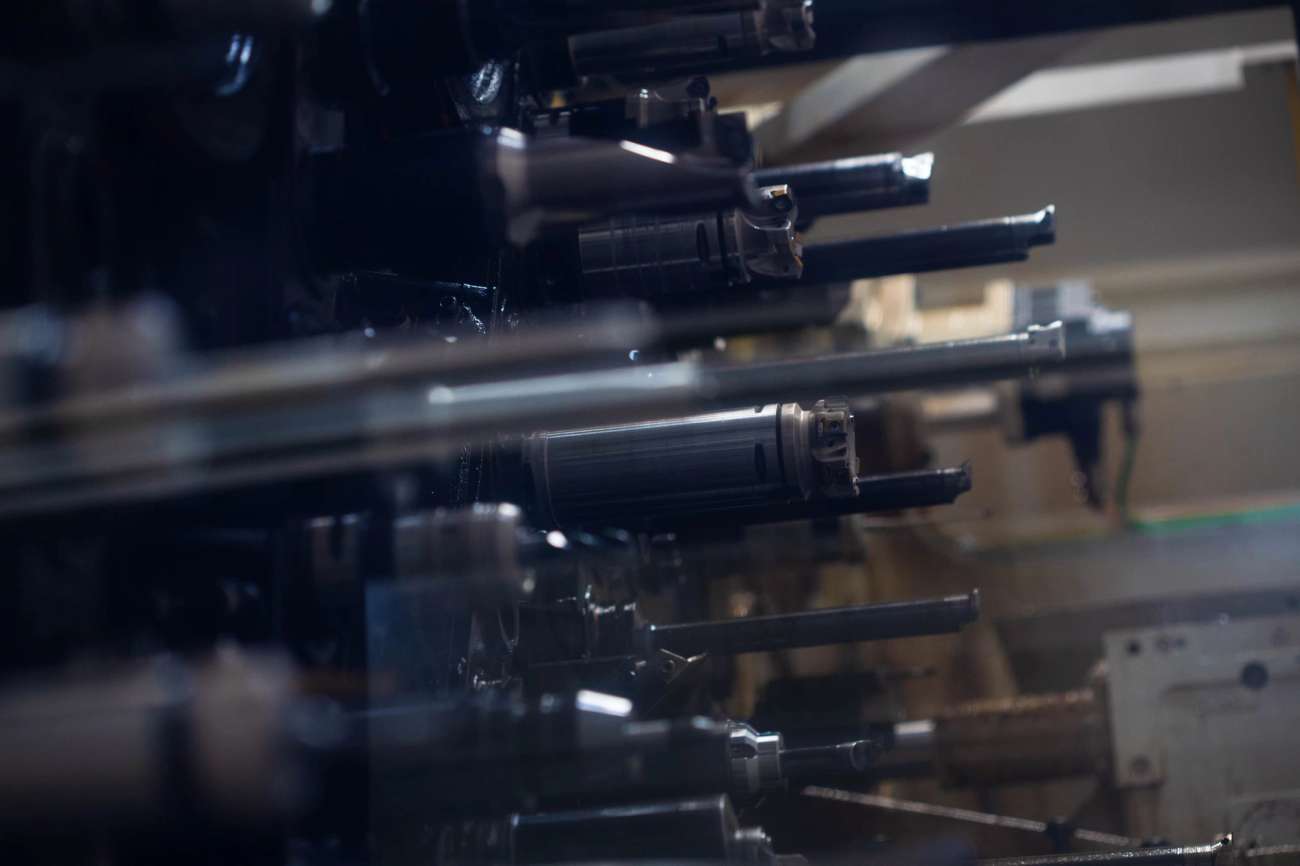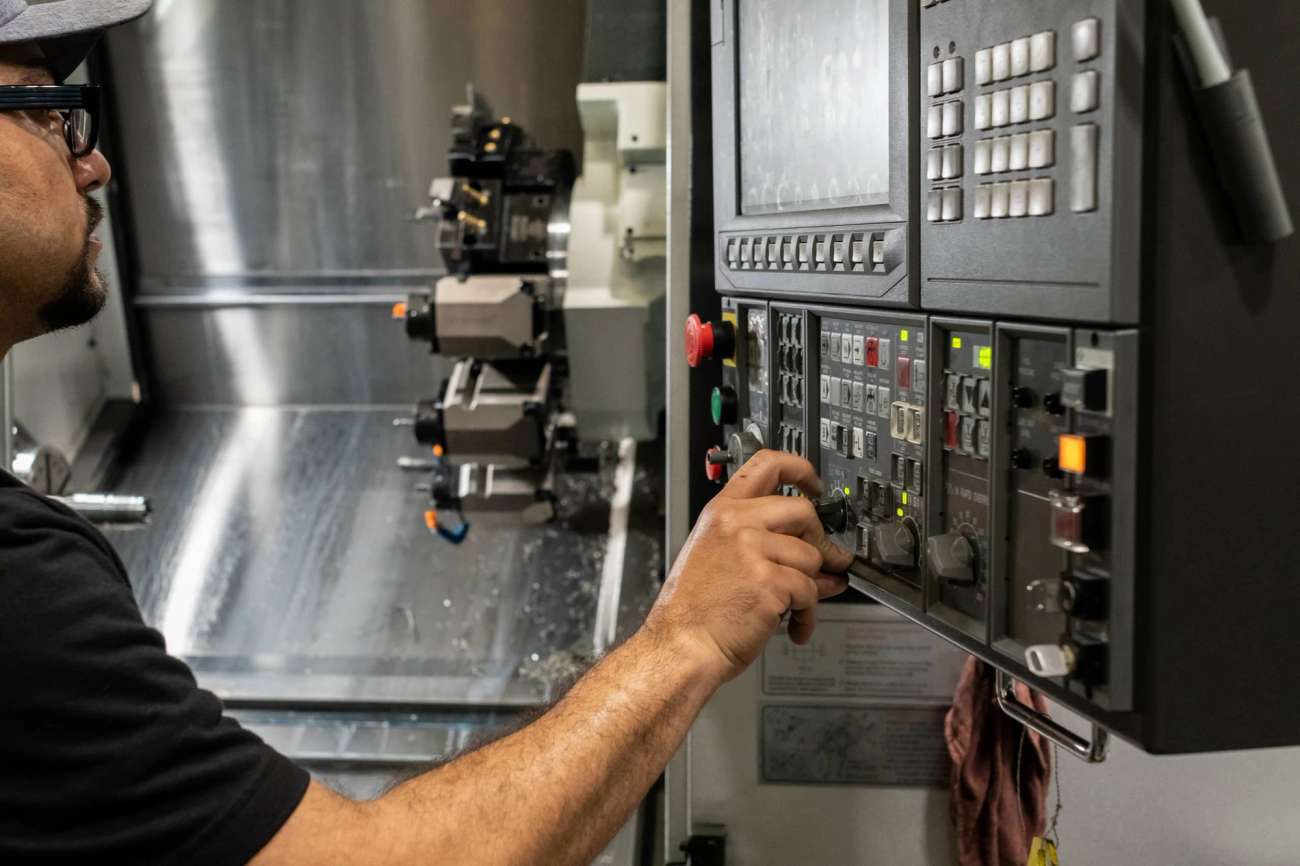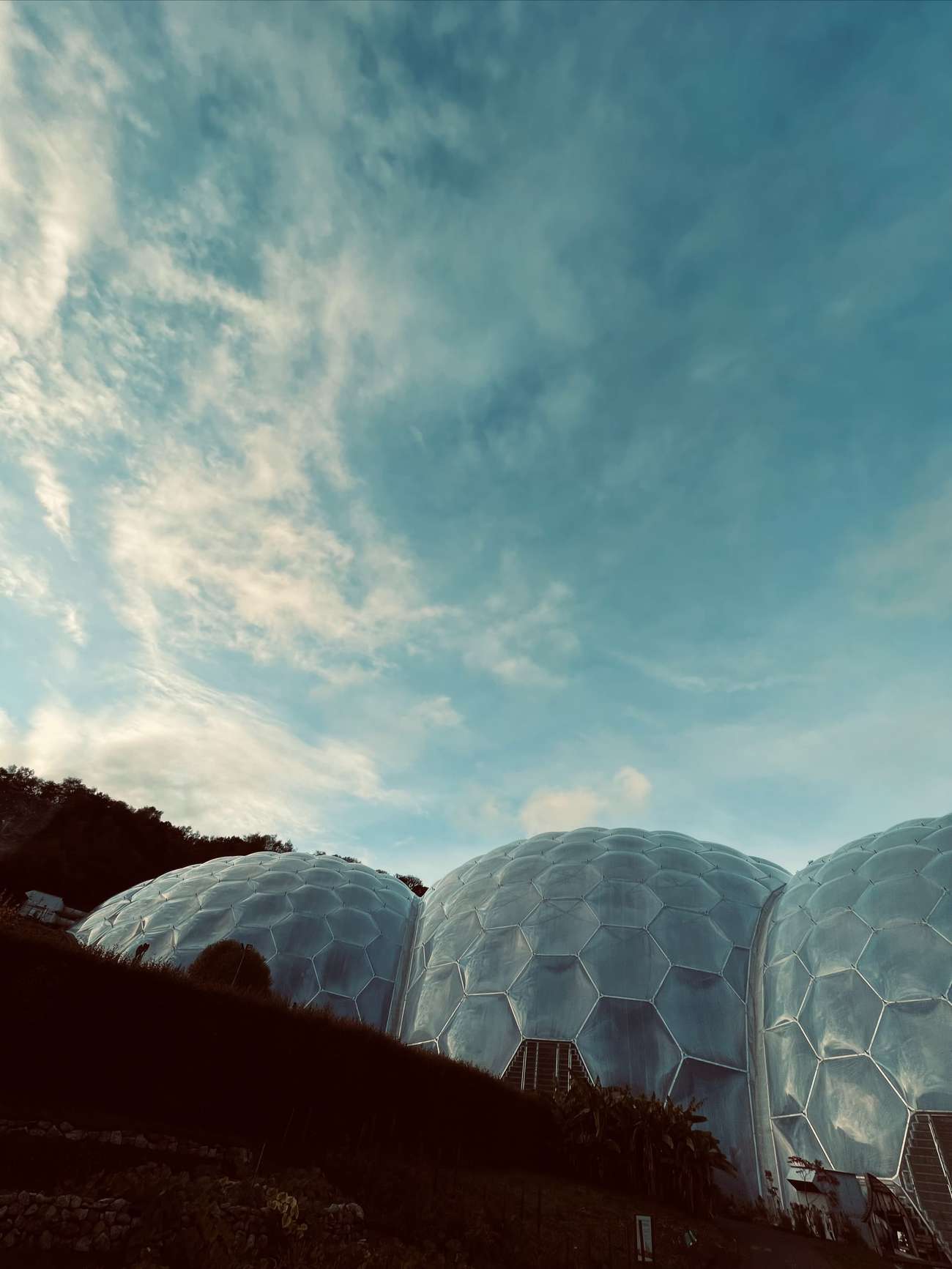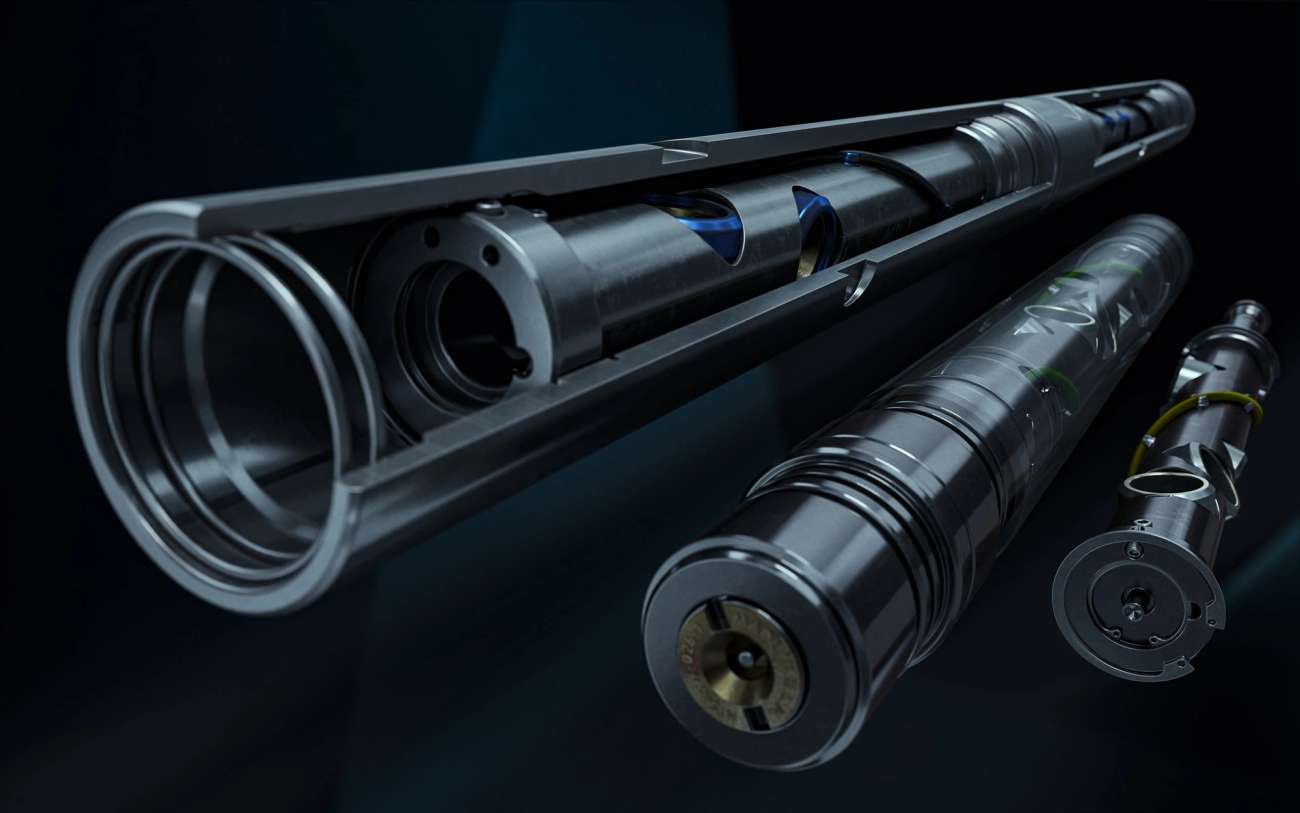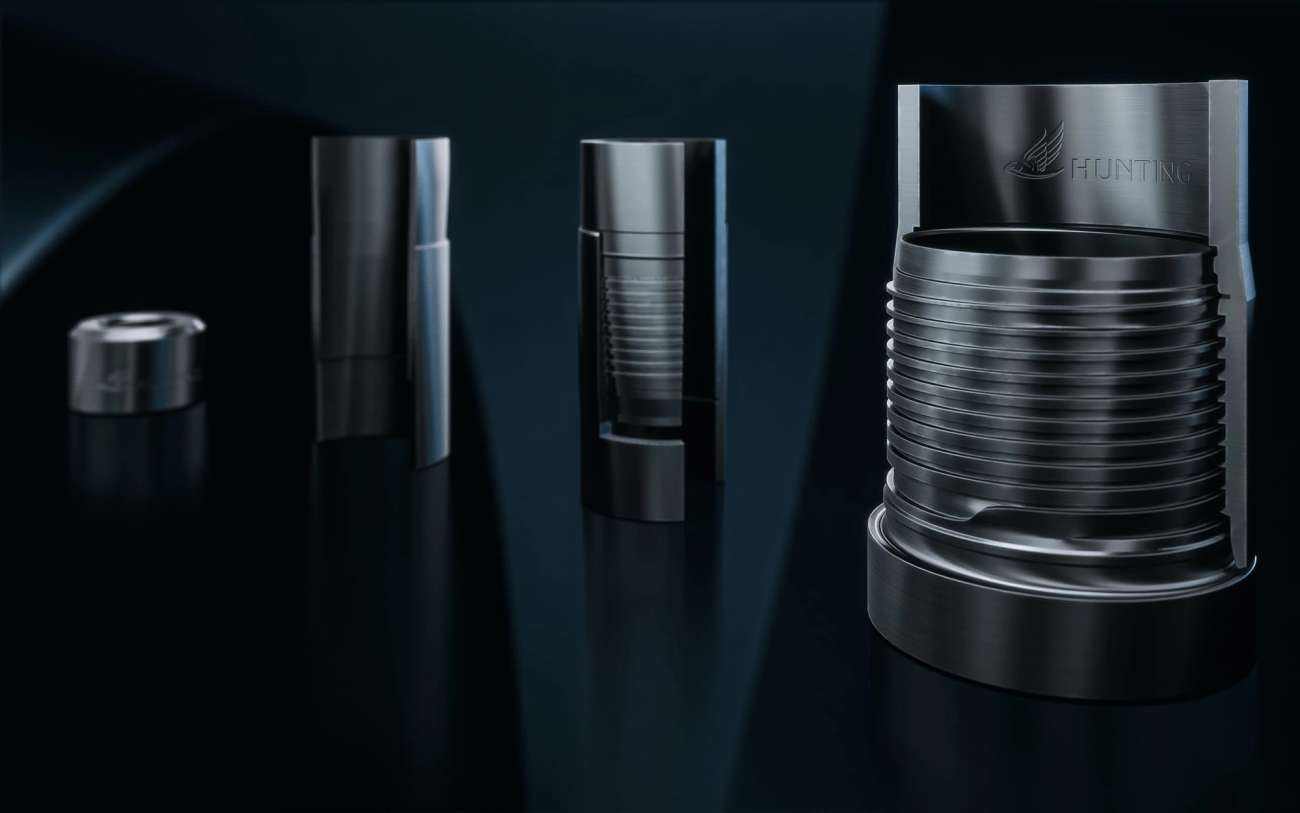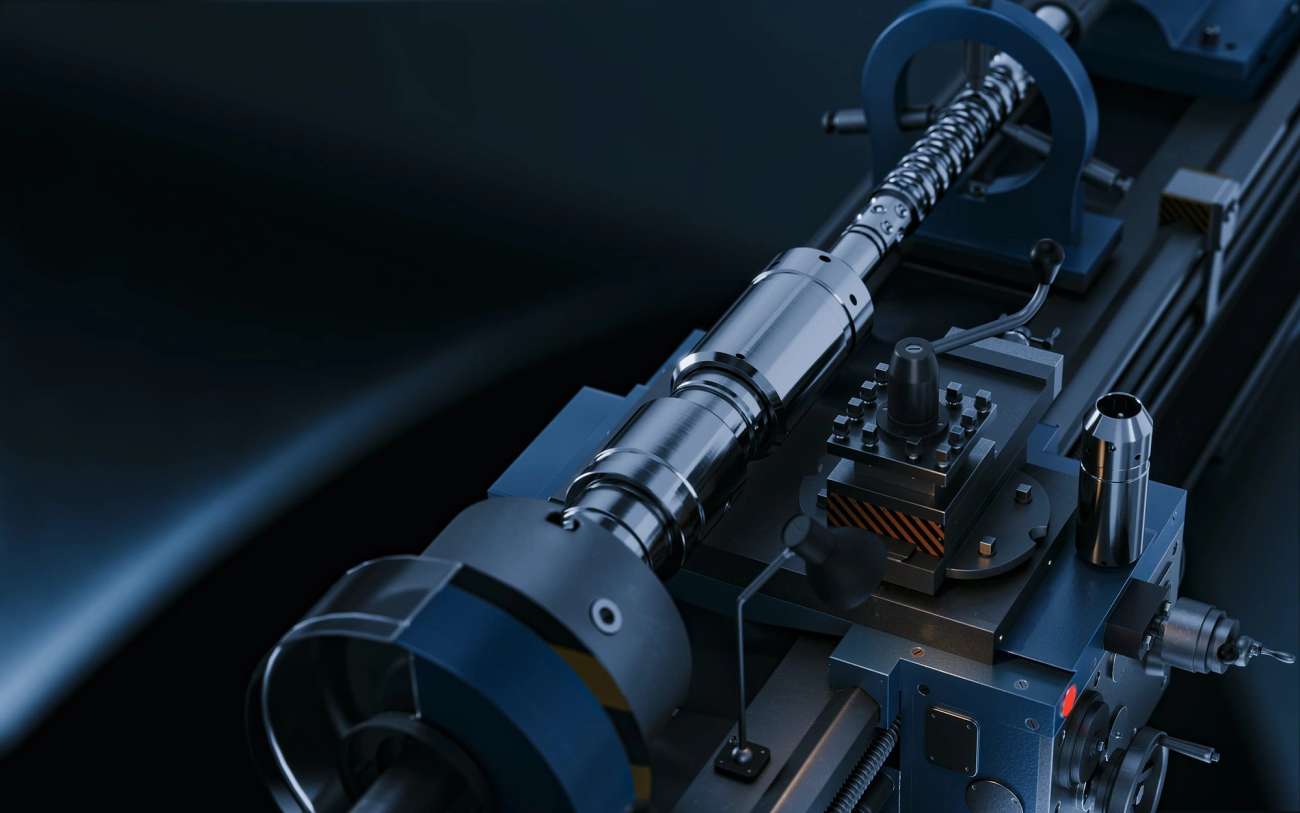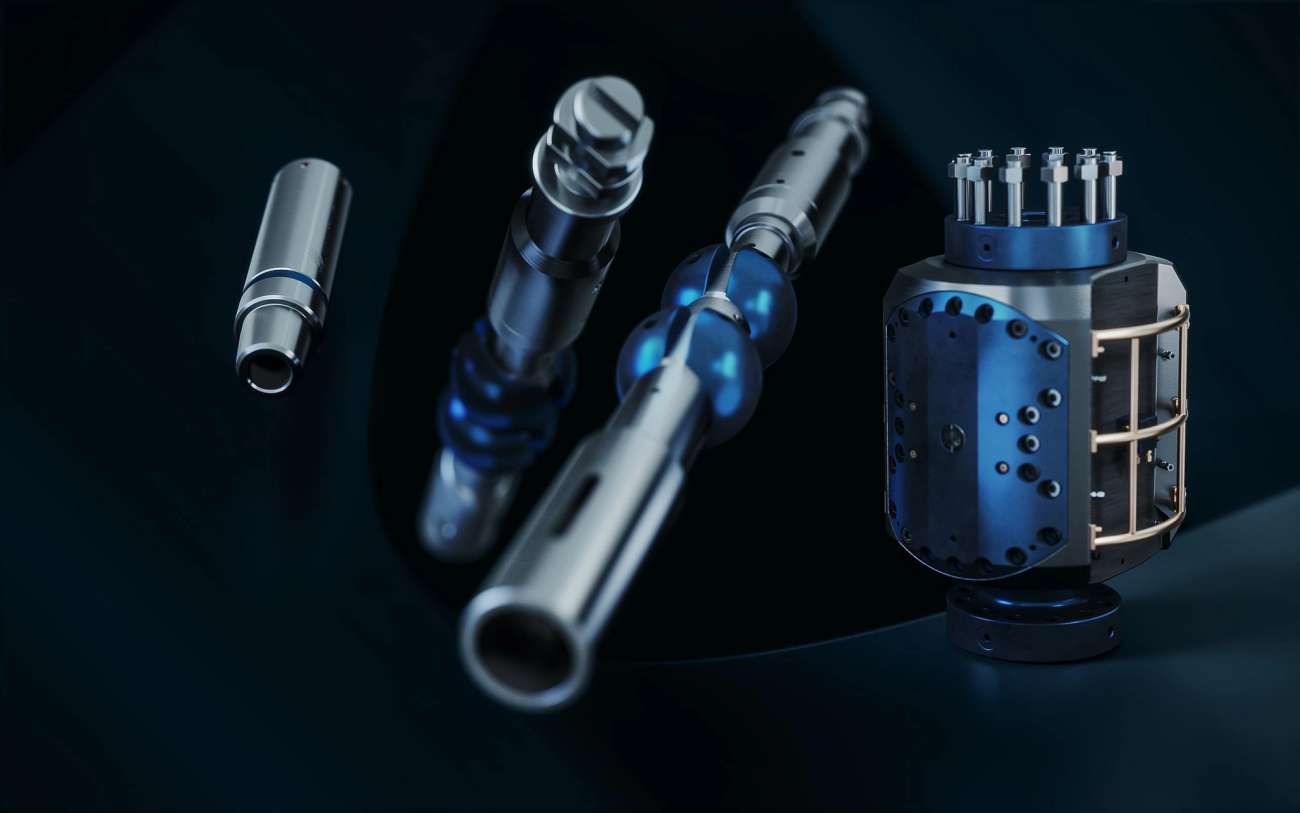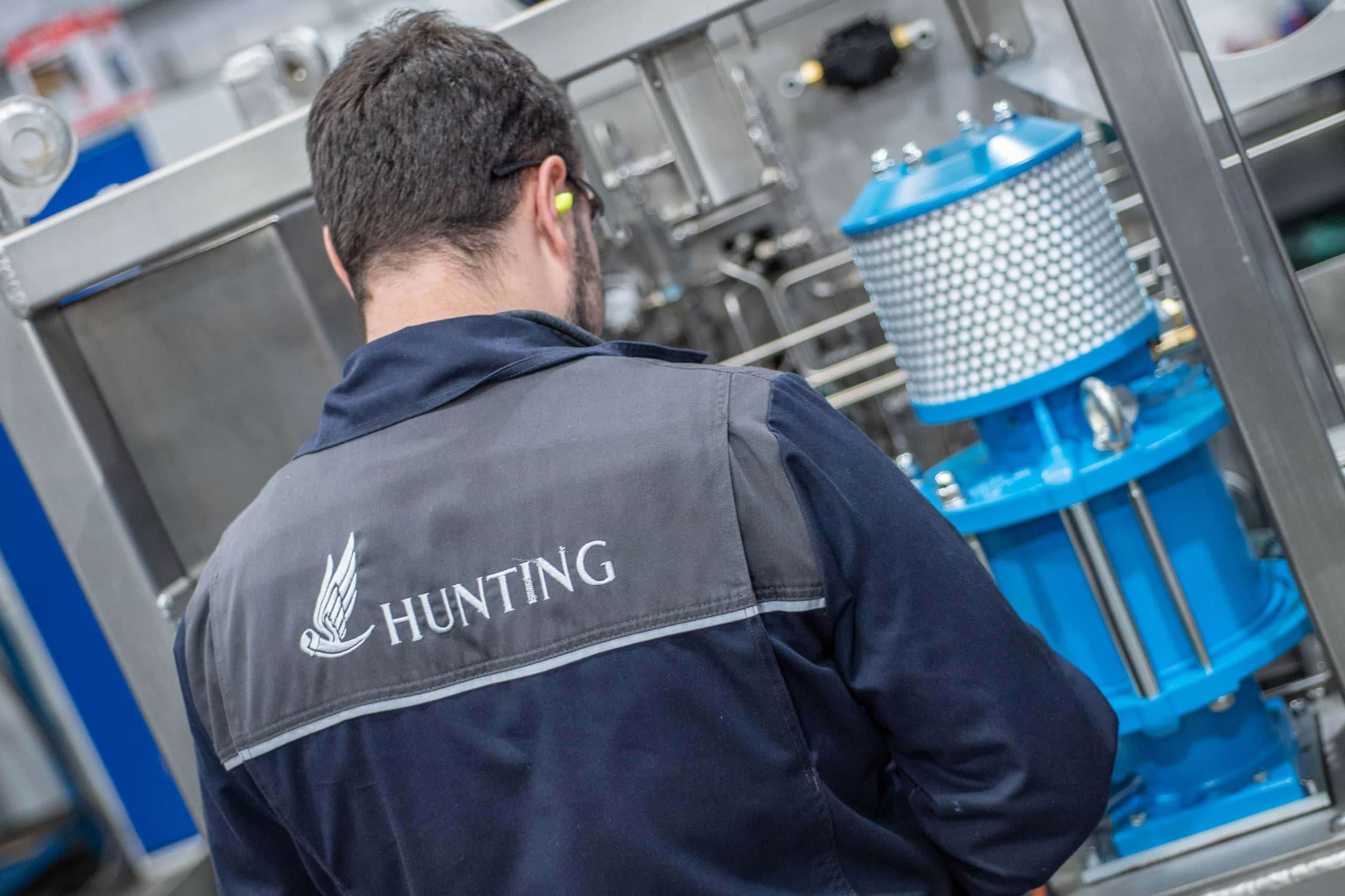
Environment
We aim to reduce any damaging effects on the environment from our business processes.
Reducing our carbon emissions footprint
Hunting has successfully demonstrated resilience and willingness to embrace new industrial and societal contexts since 1870.
We are committed to the principles published in the 2015 Paris Accord, which aims to limit global warming to below 2°C and to pursue efforts to limit the increase to 1.5°C. We are also committed to sustainable development, and our ongoing economic modelling and evaluation of the impact of climate change will continue to build on achievements and current initiatives to enhance the sustainability of Hunting.
Hunting is committed to creating value for our stakeholders. Our strategic priorities are to deliver sustainable long-term value while recognising our corporate responsibilities with regards to people, planet and society.
Since 2013, we have shared the Scope 1 and 2 emissions from our carbon footprint, and in accordance with the principles of the Kyoto Protocol. In 2019 we published our first carbon reduction targets, setting a base-year and committing to a 10% reduction by 2029. In 2022, we went further, and increased our carbon reduction targets to 50% below the base-year by 2030.
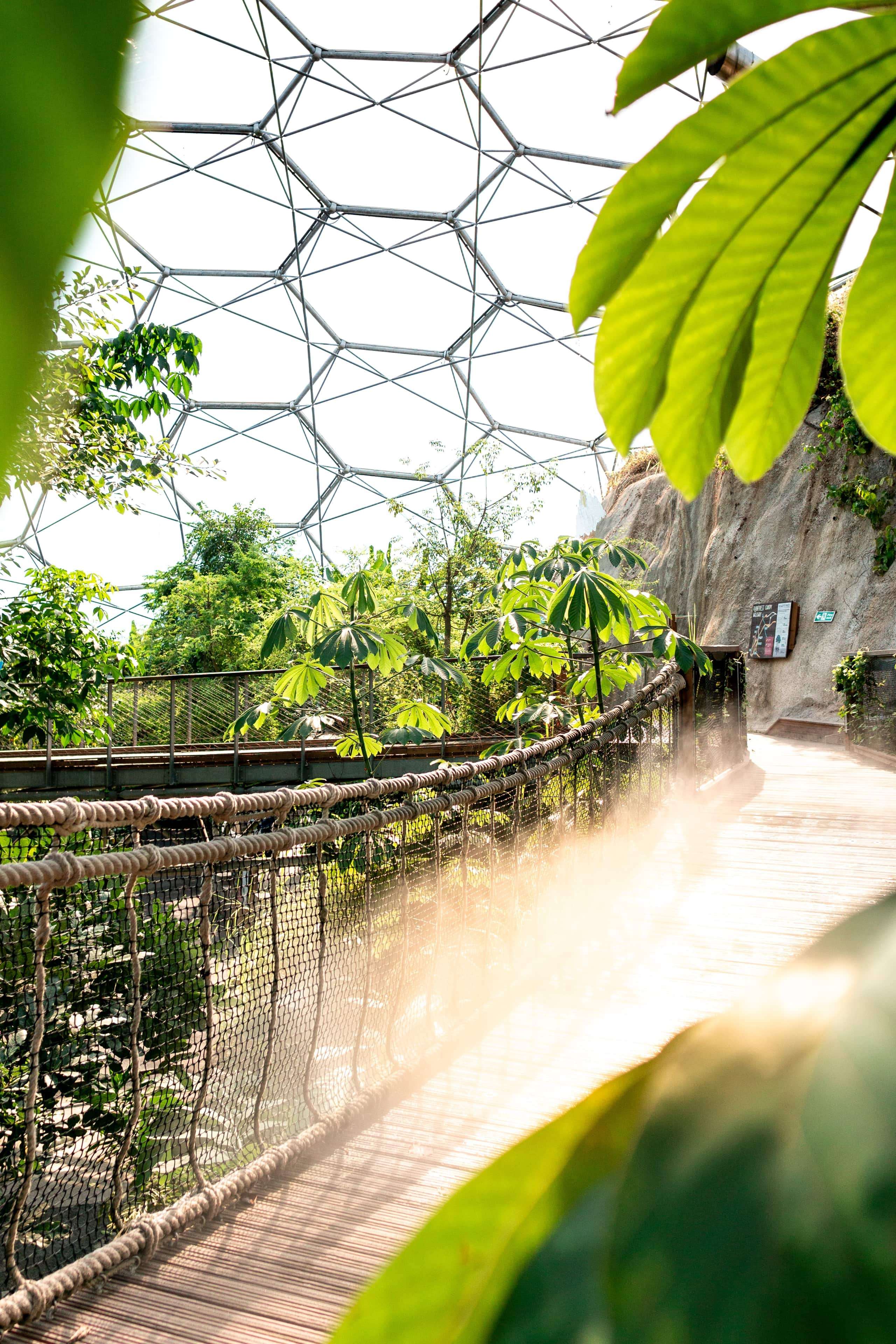
Environmental management
At Hunting we recognise the reality of climate change, and the role that we play in managing our environmental performance and mitigating our impacts in the communities in which we operate.
We are committed to managing climate-related risks and have committed to lowering our own carbon footprint by embedding a low carbon culture. We communicate our ambitions to our supplier base through a Supplier Code of Conduct that was introduced in 2022.
For more information on Hunting’s carbon reduction commitments, please refer to “Reducing our carbon emissions footprint “page.
Climate change
Our environmental projects and company-wide initiatives are managing our environmental performance and mitigating our impacts by driving reductions in Greenhouse Gas (GHG) emissions, energy use, water use, raw materials use and waste generation.
New facilities consider environmental impacts, including extreme weather event protection, such as storms and flooding.
Hunting is committed to revenue diversification and has a strategy in place to target non-oil and gas sales to c.50% of total revenue by 2030, to include energy transition and other markets and sectors such as geothermal and medical, which align to our existing core competencies.
To make Hunting’s operations as efficient as possible, our Quality Management System (QMS) is ISO 14001 (Environmental Management) as well as ISO 50001 (Energy Management) certified. This also ensures a joined-up approach to managing our energy and environmental issues.
For more information on our Company’s commitments, please refer to our Climate Change
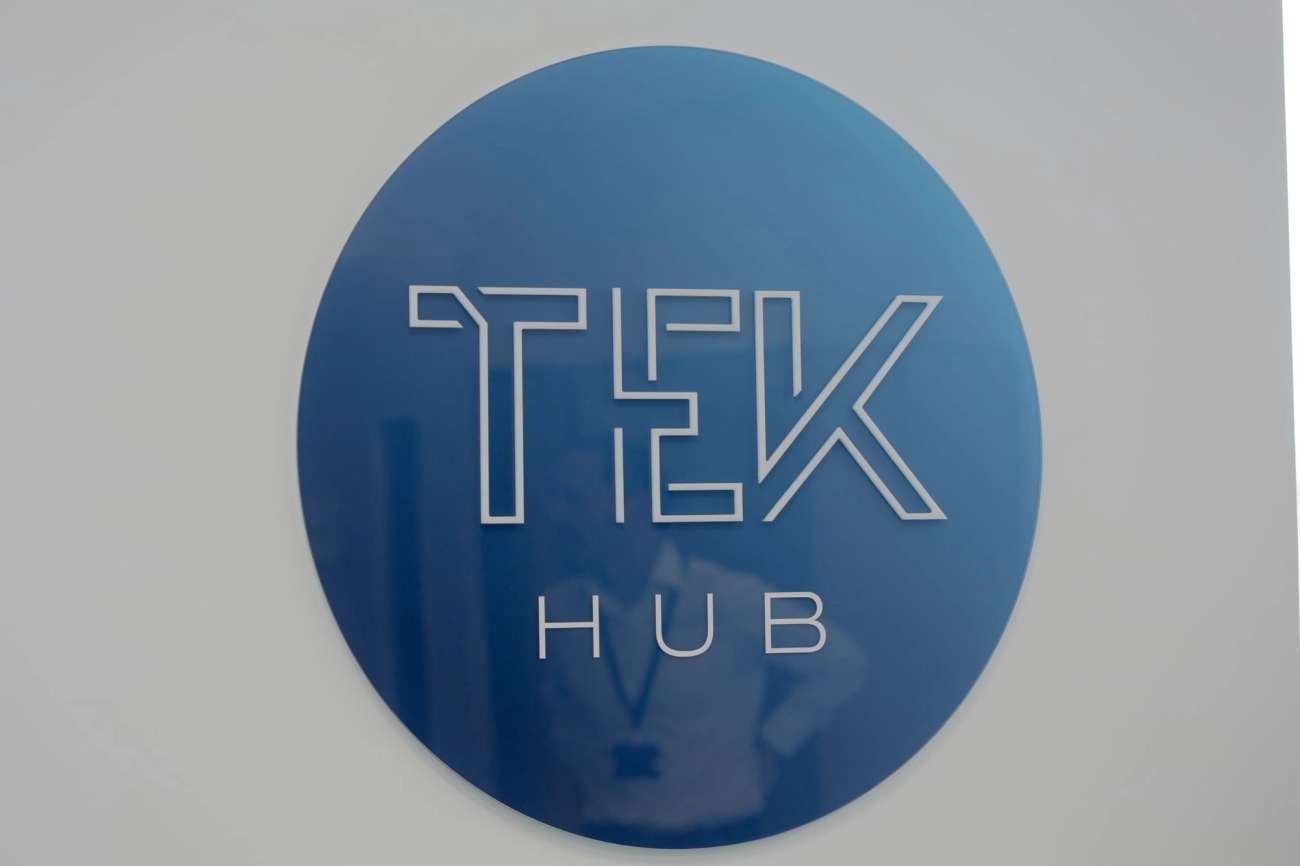
Hunting’s TEK-HUB™
We actively work to identify ways to facilitate the diversification of Hunting’s revenues and reducing environmental impact.
Hunting’s TEK-HUB™ develops technological partnerships by advancing third-party products to market.
The team collaborates with external innovators and businesses who develop new and innovative technologies e.g., clean energy solutions, to help advance their technology, or product, to the marketplace through Hunting’s extensive business network.
Recent highlights & commitments
Hunting has committed to increasing its Scope 1 & 2 reduction target to 50% below the 2019 base-year by 2030.
Facility improvements
We are committed to reducing energy use in all our facilities and have utilised “smart lighting” in all new facilities that initiate upon detecting movement, thereby saving power.
Energy-efficient lighting
Regional facility improvements continue to take place. In the UK, LED lighting upgrades have taken place across all the existing facilities. LED lights are more energy efficient and have a longer life span than traditional lighting, resulting in reducing our carbon footprint.
Waste-reduction
We have implemented a number of waste recycling programmes, specifically relating to metal, wood, plastics, rubber and water. Objectives and targets for the global HSE team are to reduce waste, and to reduce waste cost, by at least 10% annually.
Climate risk scenario analysis
In 2021, Hunting conducted a detailed climate risk scenario analysis. An internal cross-functional team, along with external consultants, assessed the significance of climate related risks and opportunities, aligned with TCFD guidance.
Strategy
Entrepreneurial spirit has been ever present during Hunting’s long history, from the foundations laid by Charles Samuel Hunting in 1870, right through to today.
We continue to build on these foundations while driving change across the business and considering the world’s most critical issues, including those related to climate change, the environment, diversity and inclusion, and human rights.
We maintain an open line of communication with our stakeholders, and this constant and open dialogue reassures us that we are focused on the priorities that matter most to our stakeholders. These priorities are considered in our principal decision making, the way we operate our business, and in the development of our strategy.
Our strategy is informed by global frameworks, such as the 2015 Paris Accord and the United Nation’s Sustainable Development Goals (“SDGs”).
The 2030 strategy targets non-oil and gas revenue of c. 50% of total Group sales by 2030, to include energy transition opportunities which align to our existing core competencies of Systems Manufacturing, Precision Engineering and Print-part Manufacturing.
Our strategy is underpinned by our culture of honesty and integrity – and our focus on safety, whilst providing the highest quality products and services to our customers.



